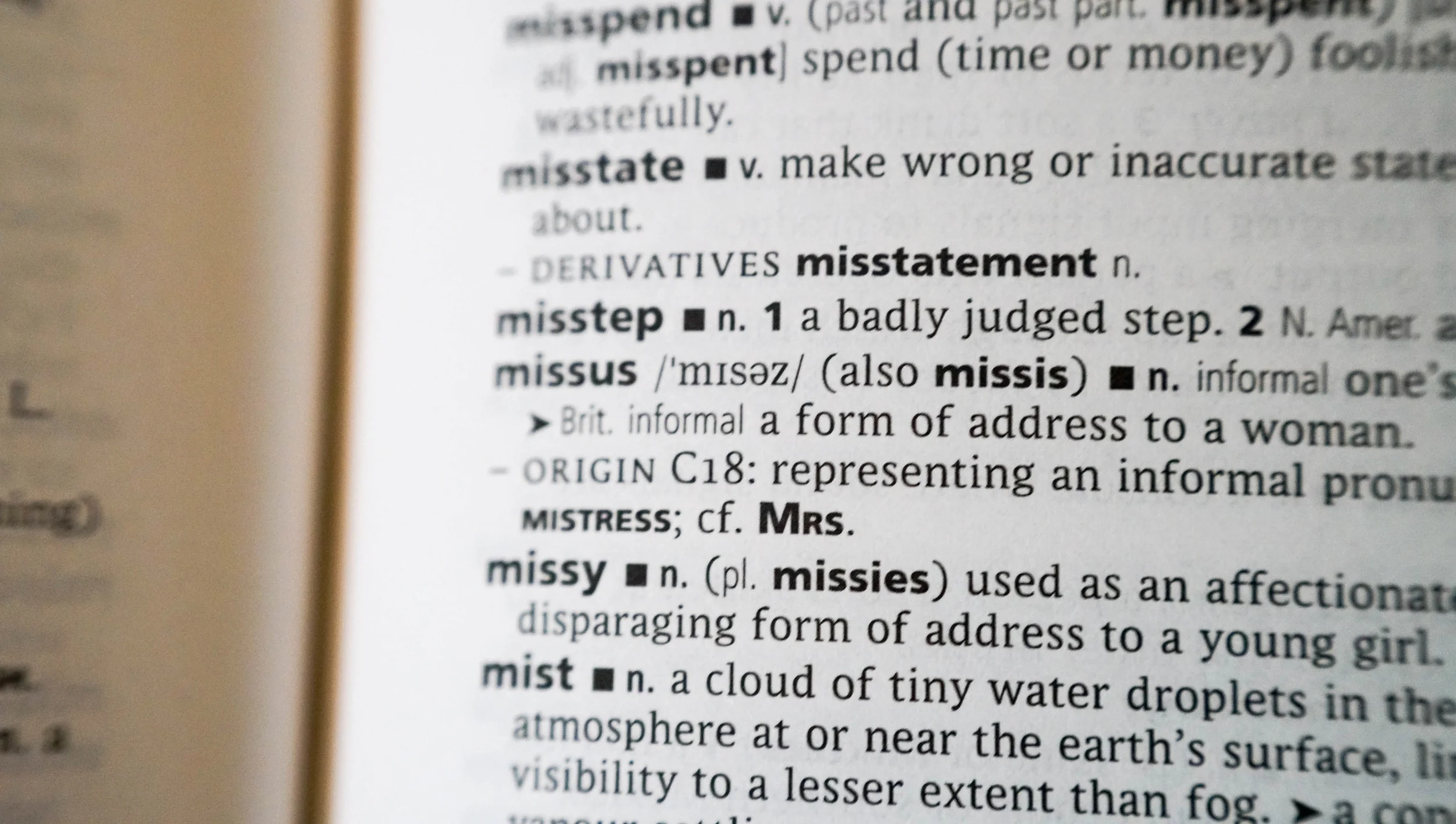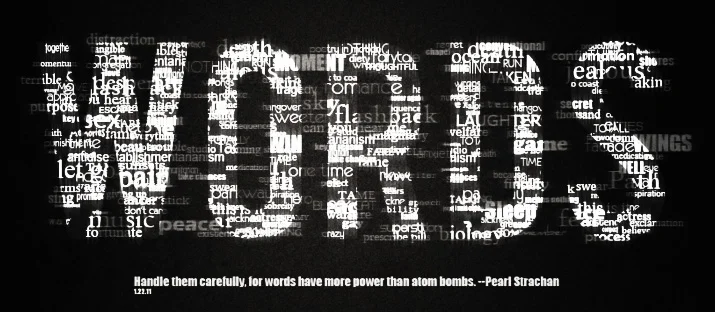Doin’ the Wonky with Words: 4 Word Study Missteps (Part 1)
The words of the Bible are your friends. Some are extroverted, linking arms with the words around them they communicate fairly clearly and openly. Other words are complex introverts, shying away from speaking the obvious. Still others seem clear but reward the time spent getting to know them. Suddenly you see that they are not who you thought they were at first blush. But all of the Bible’s words are your friends. Be kind to them. In this and the next post I will line out 4 common word study missteps we need to avoid. This will be fun. Here we go.
Boot the Root Fallacy
Years ago I heard a Bible teacher explain the word “gift” in 1 Corinthians 12 in this way (and I paraphrase).
“You see, the Greek word here is χάρισμα (charisma), and the root of the word is char-. This is also the root of χαρά (chara), the Greek word for “joy,” and χάρις (charis), the Greek word for “grace.” So a χάρισμα (charisma) is a “grace gift that gives you joy in ministry.”
While that explanation sounds attractive, nailing down a definition that people can understand, it actually is based on a common word study misstep called the “root fallacy.” This misstep flows from the idea that a word’s true meaning is always found by probing its “root.” It is true that the meanings of many words are directly related to their roots, as with the English word “audiophile,” a lover of great sound (but even that word has taken on a particular meaning in contemporary culture, referring particularly to a person committed to hi-fidelity sound reproduction). Yet it is so easy to go wrong here.
Imagine a group of archaeologists 3,000 years in the future, centuries after modern civilization was wiped out by a nuclear holocaust (I am neither a prophet, nor the son of a prophet, so relax). They uncover a rare document from what we know as Tennessee, with “Assignment for Mrs. Wimpole” and the name Jerry Jackson written across the top. Linguists pour over the 2 pages, but they stumble over the words “guinea pig,” “pineapple,” “hamburger,” and “parkway.” Astutely, the linguists conclude that a guinea pig was “a special type of pig imported from Guinea.” The pineapple “must have been a type of fruit, produced by crossing a pine tree with an apple tree, both of which were very common to the region.” The “hamburger” was a sandwich made by grinding up ham or pork.” And the “parkway?” Obviously, “this was a “way, probably a road of some kind on which driving machines were allowed to park,” pointing out that this was the opposite of a “driveway, on which vehicles traversed a city.” Clever linguists.
You see the problem. We do not get at the “true meaning” of words by tearing them apart. Here’s the key: word meanings are discerned by understanding how a word was commonly used in a particular culture, at a particular time. How then do we avoid the root fallacy when doing Bible study? By accessing the range of possible meanings for a Hebrew or Greek word, as used by people at the time a biblical book was written. (for more on accessing the range of possible meanings of a word, see my earlier post “4 Simple Steps for Doing Word Studies.”
Do You have the Time-Frame Fallacy?
Imagine again that our worthy linguists of the future have also found a page from a Charles Dickens novel and have stumbled upon the word “inmate,” which in context clearly seems to mean, “a tenant or roommate in a house.” They conclude that “this is what the word inmate meant in this period, dating from the founding of the United States to the mid-21st century.” These linguists are on a roll.
What we have here can be called the “Time-frame fallacy,” and it can refer to either of two missteps: 1) assuming that the true meaning of a word is derived by understanding what it meant decades or even hundreds of years before an author used it (as in the English example above); or 2) assigning a meaning to a word by drawing attention to a word derived from it at a later point in history. Here’s an example of the latter, which I first got from D. A. Carson’s book, Exegetical Fallacies. Have you ever heard a preacher, unpacking Rom. 1:16, say something like this: “Now the Greek word for ‘power’ here is δύναμις (dunamis), the word from which we get our word, ‘dynamite.’ This is powerful! ‘I am not ashamed of the gospel , for it is the dynamite of God unto salvation!!’” What’s the problem with the explanation? Paul, as a person who lived in the first century, knew nothing of dynamite, which was invented centuries later. Zip. Nada. Zilch. To read dynamite into Rom. 1:16, even as an replacement word for “power,” simply is misleading, adding dramatic effect where none is needed. The passage is wonderfully dramatic without such help! I know this fallacy first hand. Carson could have put my picture, when I was a very young preacher, beside his illustration! Don’t do it!
Here’s the key: words mean what they mean at a given time and place in a culture, not necessarily what they meant formerly or what they led to at a time later than a particular writing. How do we avoid the time-frame fallacy? Again, we access the possible meanings of a word as used in the culture at the time a biblical book was written.
In my next post I will cover two more missteps and also mention a few resources if you would like to pursue the topic further.






